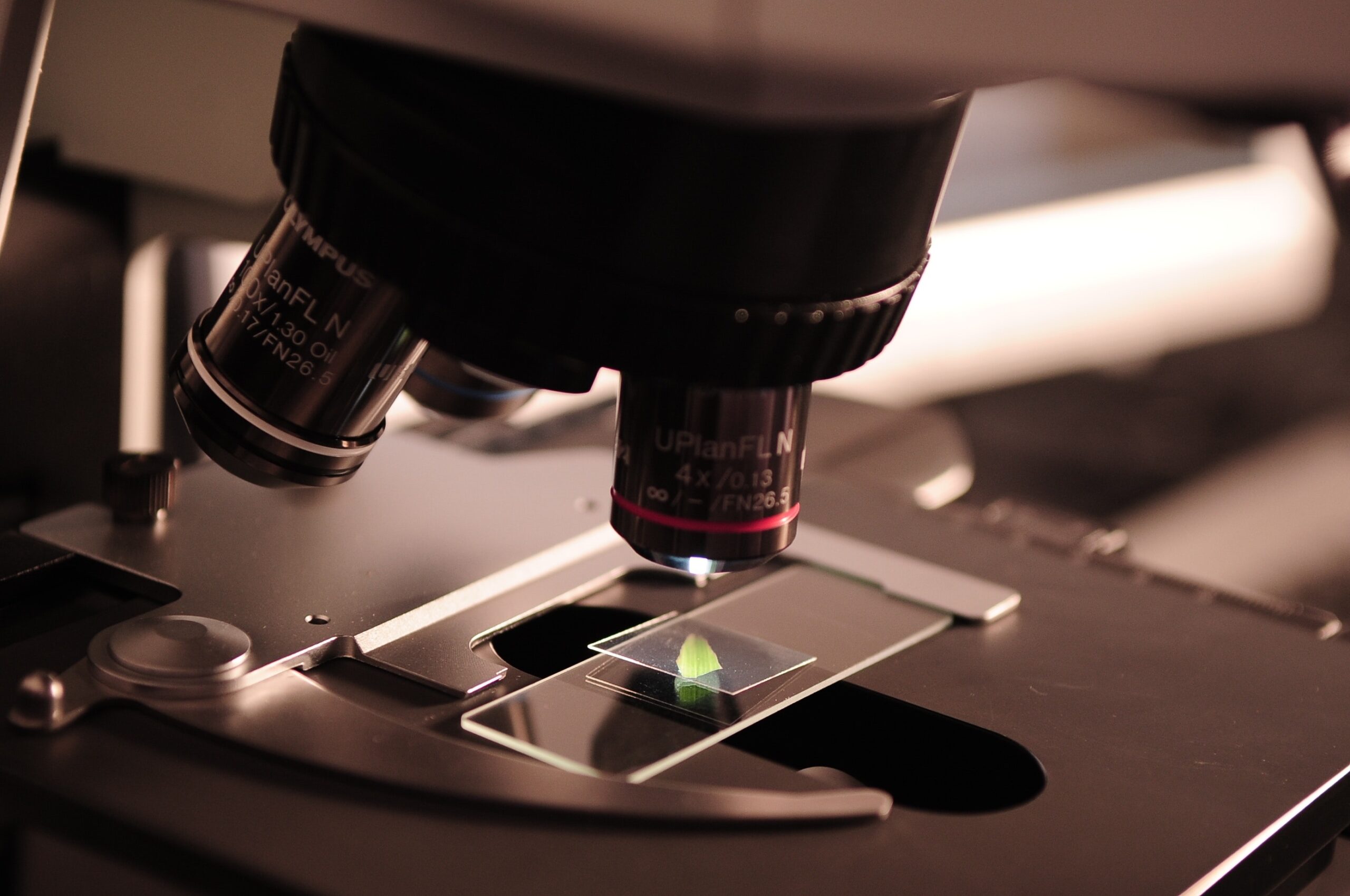Brain Bank Donation for Research
Making Arrangements to Donate to a Brain Bank
Donating to the Brain Bank
Have you have considering donating your loved one’s brain to support Early Age Dementia Research?
Why? I was told it is important to have brain tissue from younger people to support search into dementia related brain diseases. It felt like the right thing to do, to help find ways of overcoming this disease.
How do did I feel about? Obviously, it is a deeply personal decision that requires thoughtful consideration. I felt that if I could have discussed it with Grace she would have been very supportive. Though I must admit I think feel a bit unsure as I was making a decision on her behalf, I felt like I was making a decision that was not directly impacting me.
Why did I put arrangements in place now?
Because when your loved once passes away the brain bank has a short amount of time to carry out the necessary procedures.
How did I got about making arrangements?
I made contact with the Dutch Brain bank, as we are living in the Netherlands The Nederlandse Hersenbank (NHB) provides comprehensive information, support, and guidance to potential donors and their families, ensuring the process is transparent, compassionate, and adheres to the highest ethical standards. A lot of this is on their web site, but they also answered all my questions in a really sympathetic, supportive and detailed way. Even offering to help translate if required.
Forming Filling
The forms were straight to fill in and required signing by someone senior in the medical profession e.g. a GP. In our case, the neurologist at the local hospital, who knew Grace, signed the papers.
What happens with the brain tissue and research?
The Dutch Hersenbank actively promotes collaboration among researchers, both nationally and internationally. By providing brain tissue samples to qualified scientists, the bank enables interdisciplinary studies and data sharing. This collaborative ethos accelerates scientific progress, facilitating the development of innovative treatments and interventions. Researchers can pool their expertise and leverage the extensive brain bank resources to tackle complex questions and make significant breakthroughs in neuroscience.
All donations of brain tissue for research, by the Dutch Brain Bank, are strictly managed. Applications need to be made and approved.
Do you get any update on what has been discovered from your loved one’s brain tissue?
You can choose whether you wish to or not. Obviously, the process of research on the brain tissue can be done over several years. Updates may not always be immediate.
Brain Banks around the world
In the US there are various brain banks you can reach out to.
Useful Web Sites and Links
Here are some useful for web sites and links on Brain Donation.
Brain Donation Information
AFTD: YouTube Video on Brain Donations — Who, What, Where, When, and Why?,
AFTD: Guidance on Brain Donation
UK Human Tissue Authority: Information on Brain Donation
Alzheimer Forum – Extensive Detail on Banks around the World
Brain Donation Related Sites
Australia
MS Research Australia Brain Bank
NSW Brain Tissue Resource Centre
Canada
Brain Donation in Canada – Brain Support Network
France
Neuro-CEB – Don du cerveau pour la recherche
Germany
Italy
Banca del Cervello – Fondazione Golgi Cenci
Netherlands
Spain
Inicio – Fundación Por un mañana sin Alzheimer (fpumsa.es)
United Kingdom
King’s College London – London Neurodegenerative Diseases Brain Bank | School of Neuroscience
The University of Manchester | Manchester Brain Bank
University College London -Institute of Neurology – UCL
The South West Dementia Brain Bank – BRACE Alzheimer’s Research
USA
Brain Donor Project – US based organisation, facilitating Brain Donation
Brain Support Network – US based organisation
NIH NeuroBioBank – US based organisation
Johns Hopkins University – US university with Mind/Brain Institute
Massachusetts General Hospital – US hospital with FTD Research Unit
University of California San Francisco – US university with Memory and Aging Center Clinic
University of Pennsylvania – US university, Frontotemporal Degeneration Center

